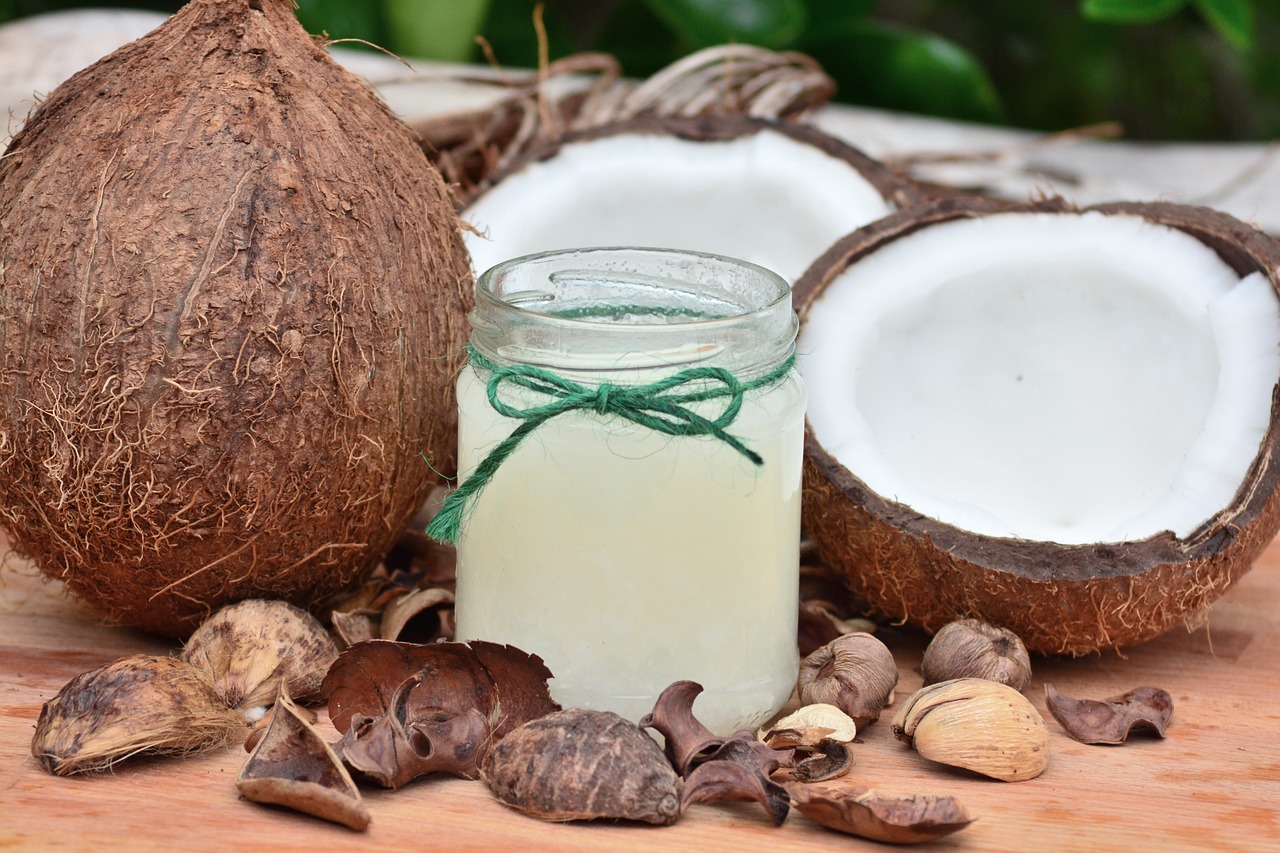Times you should avoid drinking coconut water
Coconut water is known for many things especially hydration. It offers numerous health benefits but there are certain instances where caution is advised.
Here are times when you might need to reconsider your coconut water consumption
If you have kidney problem
People who are suffering from kidney disease or failure should avoid drinking coconut water. Coconut water is rich in potassium, which can be problematic for individuals have trouble with their kidney. The excessive intake of coconut water can strain the kidneys’ ability to filter and eliminate potassium from the body, it causes the potassium levels in their blood to become too high. This is called hyperkalemia, and it can be very dangerous.
Hyperkalemia can cause heart problems, muscle weakness, numbness, or tingling. In severe cases, it can even cause a heart attack. So, it’s very important for people with kidney problems to avoid coconut water and other high-potassium foods.
If you have medical Conditions Requiring Restricted Fluid Intake
Some medical conditions, such as certain heart or kidney issues, may require limiting overall fluid intake. Coconut water, being a hydrating beverage, contributes to your daily fluid intake and therefore should be avoided.
If allergic to coconut water
Allergic reactions to coconut water are rare, but they can occur. Symptoms of a coconut water allergy can include hives, itching, swelling, and difficulty breathing. In some cases, an allergic reaction to coconut water can be severe and even life-threatening. The proteins that trigger a coconut water allergy are found in the liquid inside the coconut and not the coconut flesh. As a result, people with a coconut water allergy may be able to eat coconut flesh without experiencing a reaction.
Also people with sensitivities to some of the components in coconut water may experience gastrointestinal discomfort.
If you have known allergies to coconuts or related foods, it’s crucial to avoid coconut water.
If on low sodium diet
Being on low-sodium diet means someone is trying keep their sodium levels within a certain range. Coconut water has a relatively high sodium content, so it can throw off the delicate balance of a low-sodium diet.
People on a low-sodium diet are often already struggling to maintain a healthy potassium level, so coconut water could make it even harder to maintain that balance. It’s all about keeping the body in a state of homeostasis, where all the systems are working together in harmony.
There are several reasons why someone might need to be on a low-sodium diet. One common reason is heart failure. People with heart failure often have trouble removing excess sodium from their body, so they need to limit the amount of sodium they consume. Other conditions that may require a low-sodium diet include kidney disease, liver disease, and high blood pressure. So, there are a lot of different reasons why someone might need to follow a low-sodium diet.
During fasting or detox period
Coconut water is often seen as a healthy alternative to sugary drinks, notwithstanding, those undergoing fasting or detoxification may need to be cautious. Even though it is a natural beverage, it contains calories and carbohydrates that may disrupt the goals of certain fasting or detox plans.
If on certain medications
Coconut water interact with certain medications, including diuretics and blood pressure medications.
Diuretics are medications that help the body remove excess fluids, and they can also lower the potassium levels in the body. Coconut water is high in potassium, so it can counteract the effects of diuretics.
Blood pressure medications can also lower potassium levels, so coconut water could further lower potassium levels if you’re taking these medications.
During pregnancy
Coconut water contains small amounts of bromelain, an enzyme that can cause uterine contractions. As a result, pregnant women are advised to avoid coconut water.
Pregnant women who often drink coconut water is also at increased risk of gestational diabetes. Coconut water contains a type of sugar called fructose, which can raise blood sugar levels.
Another potential side effects of coconut water on pregnant women include the feeling of nausea and stomach upset, but these are usually mild and temporary.
Overall, it can be taken in moderation and make sure to get a go ahead from your doctor before taking coconut water.
If you are trying to loose weight
While coconut water does contain some nutrients and electrolytes, it also contains calories and sugar. So if you are trying to lose weight, it’s best to go for a calorie-free beverage instead.
Conclusion
No doubt, coconut water has been beneficial in so many ways which includes offering a couple of health benefit, but when conditions are not right, it is better to avoid drinking coconut water especially if you have kidney disease or kidney failure. Coconut water is high in potassium, and people with kidney problems may not be able to properly regulate their potassium levels.
It’s also not recommended to drink coconut water if you’re on a low-sodium diet, as it’s relatively high in sodium. In addition, it’s best to avoid coconut water if you’re taking certain medications, as it can interact with some medications and cause side effects. Finally, pregnant women and young children should avoid drinking large amounts of coconut water, as it can cause electrolyte imbalances.

